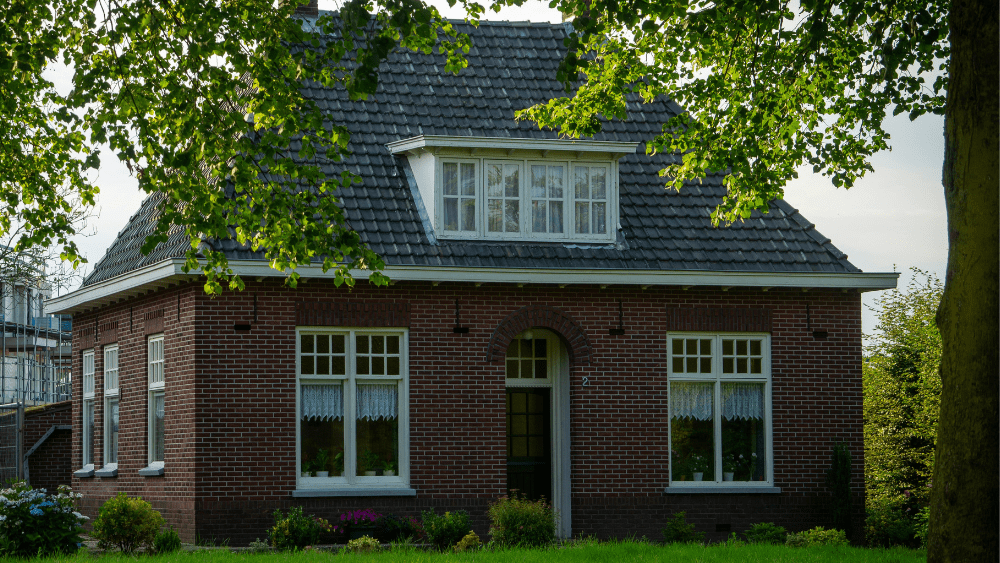
Real estate investors in Oklahoma City know that time is money, especially in a growing market like OKC. If you’re looking to invest in a fixer-upper in Midtown or flip homes in the Village, a hard money loan could help you close deals fast. Unlike traditional bank loans, hard money loans focus on the property’s potential value, not your credit score, allowing you to take advantage of local opportunities more quickly. For investors needing speed and flexibility, hard money lenders offer short-term solutions that might not be available through banks. Whether you’re navigating a competitive flip or need quick funding for an investment property, knowing how these loans work can help you decide if they’re right for your next Oklahoma City project. A hard money lender provides short-term loans, primarily to real estate investors like house flippers and those purchasing rental properties. Unlike traditional lenders, they focus less on creditworthiness and more on the property’s value, particularly its after-repair value (ARV). ARV represents the property’s estimated value after all planned renovations are complete, which helps determine the loan amount. Interest rates for hard money loans are typically higher than traditional mortgages, often ranging from 8% to 15%, along with additional fees like origination charges. If a borrower fails to repay the loan, the lender can foreclose on the property since the real estate secures the loan. This makes it essential for borrowers to plan carefully when taking out a hard money loan. Hard money loans in Oklahoma City are designed for real estate investors who need quick access to funding. These loans work differently than traditional bank loans, with specific terms and structures suited for short-term investment projects.What is a hard money lender?
How does a hard money loan work?



